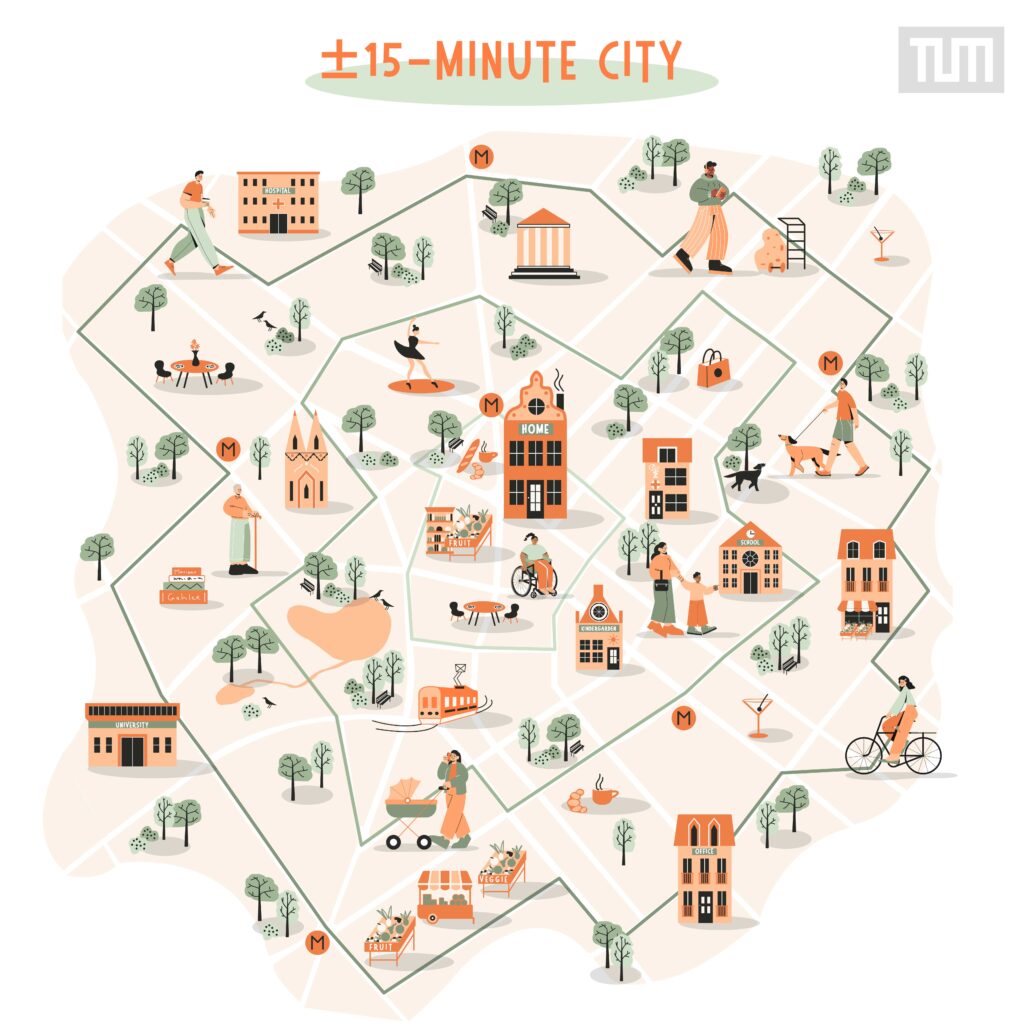Efficient transport planning and policies for sustainable cities involves efficient public expenditure, financing and funding, transport policy and demand management measures, congestion management, parking management, regulation, transport planning, people-centered planning, public participation, dealing with public opposition, Sustainable Urban Mobility Plans (SUMPs), etc.

Fundamentals of Public Transport: key components for success
This course explores the essentials of public transport, defining key concepts, evaluating success, improving services, and addressing funding and management. You will gain a comprehensive understanding of creating efficient, user-friendly public transport systems.
Frequently Asked Questions about Transport Policy and Planning
1. Do I need a degree to work in Transport Policy and Planning?
A degree can be helpful, but it’s not always a must. Many jobs in the field focus more on the practical experience of areas like transport policy development, public participation, and demand management. Technical skills in sustainable urban mobility planning and congestion management can also sometimes help open doors even without academic qualifications.
2. What are common topics covered in Transport Policy and Planning courses?
Topics covered in these courses include efficient public expenditure, financing and funding, transport policy, and demand management measures. You’ll also dive into congestion management, parking management, regulation, transport planning, people-centred planning, and managing public participation.
3. What skills or experience do I need to start a career in Transport Policy and Planning?
To get started, you’ll need a good grasp of urban transport planning, transport policy frameworks, and experience with public participation and stakeholder engagement. Additional skills in project management, data analysis, and an understanding of sustainable urban mobility plans (SUMPs) can give you an extra edge.
4. What are some common career paths for someone learning about Transport Policy and Planning?
You can pursue roles like transport policy analyst, urban planner, public transport coordinator, congestion management specialist, sustainable mobility consultant, and more. People in this field often find opportunities in government agencies, urban planning departments, consultancy firms, and non-profit organisations that focus on sustainable transport.
5. What are the benefits of taking an online course about Transport Policy and Planning?
An online course in Transport Policy and Planning offers flexibility and convenience, letting you learn at your own pace from anywhere. Plus, these courses are often updated, which means they provide current knowledge and practical skills that are directly useful in the industry and could lead to job opportunities.
6. Why is it important to learn about Transport Policy and Planning?
It’s essential to learn about Transport Policy and Planning because the future of urban mobility is ultimately defined by creating effective frameworks and strategies. This knowledge equips you to help build sustainable, efficient, and more inclusive transport systems.
7. How long do courses about Transport Policy and Planning typically take to complete?
Course lengths vary, but most can be completed in a few days to a couple of weeks, depending on the material and your speed.
For detailed information on specific courses, visit these pages:
Explore courses on all categories
Our Awards





Newsletter
Stay in the loop with the latest updates! By signing up for our email newsletter, you’ll be the first to know about new courses and publications, updates, upcoming activities and exciting information tailored to your interests. Join us today and be part of our community.
By clicking “Subscribe” I give EIT Urban Mobility my consent for the use of my personal data for the purpose of sending me newsletters in accordance with EIT Urban Mobility’s Privacy Policy











